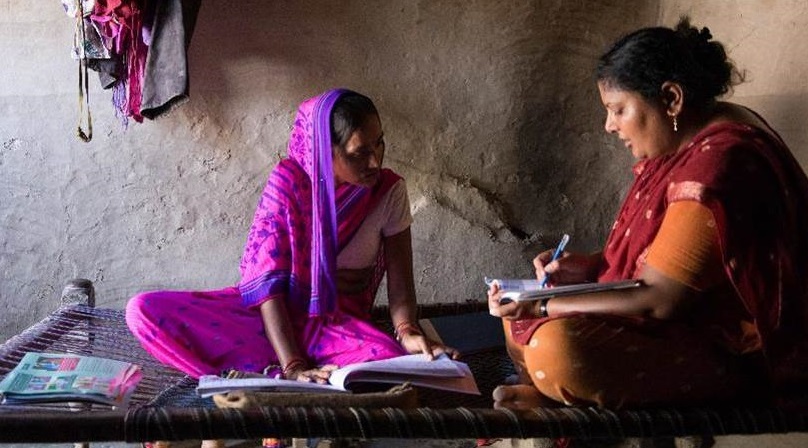A Community-Based Approach to Improving Maternal and Infant Wellbeing
These strategies include: Education, Research, and Innovation.
Supporting clinical skills development of medical and nursing professionals and paraprofessionals.
- Through seminars with our partners around the world to share ideas and knowledge about best practices in improving MNCH (maternal and child health)
- The development of a reproductive health manual for one of our partner organization
- Linking with holistic and traditional health care providers, to ensure access to remote areas that have exceptionally high maternal and infant mortality.
- Creating an early referral system for high risk mothers by educating mothers and their families.
- Facilitating community economic development leading to sustainable livelihoods
- Along with exploring tech innovations for improving maternal and infant, MIHCan is also championing the innovative concept of incorporating Traditional Medicine and utilizing existing Traditional Medical Practitioners into standard perinatal and infant care.
Creating systems and methodology for follow up, research and evaluation, with the intention of publishing the results.
- We are working with Dr Kranti Vohra, maternal health researcher of the Indian Institute of Public Health, on a study of stress in rural women during the peri-natal period. We are planning to carry out a yoga intervention and evaluate its impacts.
- MIH Can is working on an exploratory study to appraise the feasibility of Ayurveda, a traditional medical system, in promoting health and preventing maternal and infant morbidity and mortality in India. The opening of the AYUSH Ministry in 2014 signals an interest in traditional medicine - a first in hundreds of years. This is therefore an opportune moment to examine the potential benefits of traditional medicine/integrative health practices as health promotion and disease prevention possibilities for MNCH. Through focus groups, MIH Can aims to obtain the perspectives and experiences of: Ayurvedic physician specialists in obstetrics/gynecology, Ayurvedic college educators, maternal-neonatal-child-health experts, and women of childbearing age. A content analysis of common themes will contribute to the paucity of literature in this area. MIHCan sees this as a gap in global maternal and child health work, as the vast majority of people in the Global South access traditional and integrative health practitioners as their primary care providers so the possibility of working with practitioners of traditional and integrative practitioners to improve the health of women and children is potentially great.
MIH Can is committed to achieving maternal and infant well being in India through collaborative partnership with local organizations including:
KIIT School of Public Health, whose vision is "to strengthen India's public health systems through institutional approach and provide in-depth knowledge in various domains of public health to achieve better health outcomes for all."
Masum for rural women in perennially drought- prone areas of Pune and Ahmednagar districts of Maharashtra state, whose activities include promoting "women's right to health and low-interest credit, confronting gender based violence, building a progressive perspective among young people and enhancing their rights in all areas of life".
SNEHA is a centre for Nutrition, Education and Health Action, whose initiatives aimed at improving maternal and newborn health, preventing violence against women and children, improving child health and nutrition, and empowering adolescents.
CHETNA is a Centre for Health, Education, Training and Nutrition Awareness whose mission is " to empower children, young people and women, especially from marginalised social groups, so that they become capable of gaining control over their own, their families' and communities' nutrition, health and wellbeing."
National Institute of Naturopathy hosts the core mission of making Naturopathy and Yoga accessible to all. They are aiming to meet their goals by imparting education and training, providing facilities, and encouraging research activities concerning health.

